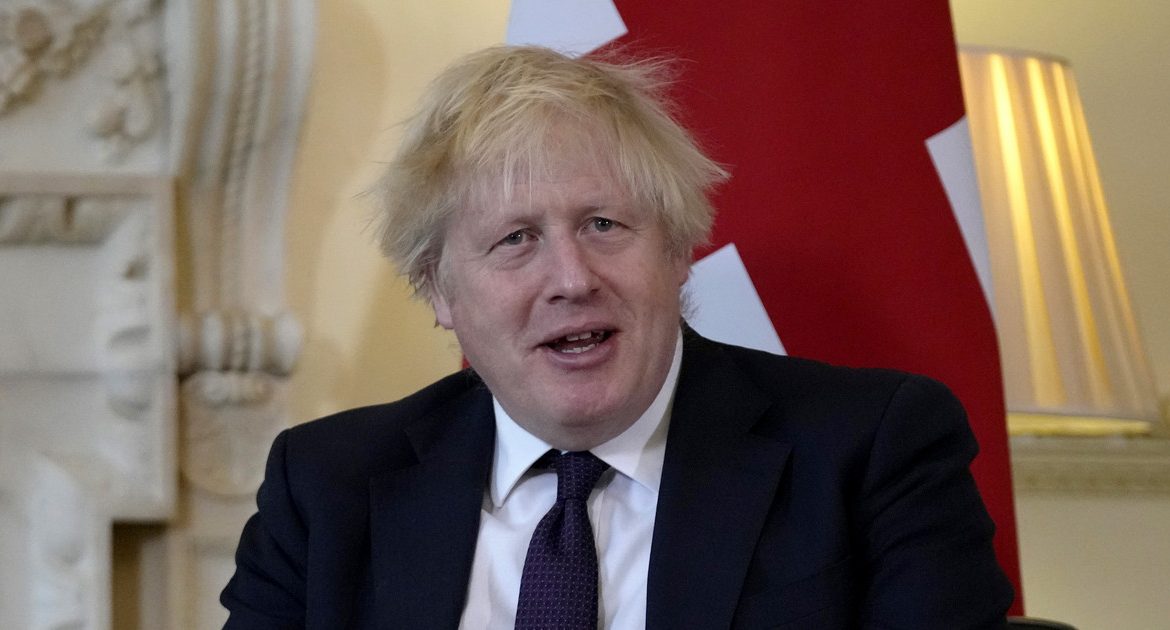After the United States and then Australia announced a diplomatic boycott of the Games this week, Johnson, when asked in the House of Commons if Britain would join, replied that no diplomats would take part in the Beijing competition. But he added, “I don’t think the sports boycott is wise and remains the government’s policy.”
After lobbying on the issue by one of his predecessors as Conservative Party leader Iain Duncan Smith, whether that meant a boycott, Johnson replied that the government “does not hesitate to raise these (Human Rights – PAP) issues with China, as it did with President Xi (Jin). Ping) the last time I spoke to him.” Then he explained, “There will be a de facto diplomatic boycott of the Beijing Winter Olympics. No ministers – no official” are expected to participate.
The United States and Australia, which have openly announced that their ministers, diplomats and officials will not attend the Beijing Olympics due to human rights violations in China, will allow their athletes to compete. Other countries may join the diplomatic boycott. Canada’s foreign ministry said it was “extremely concerned about reports of human rights abuses in China” and would discuss the matter with allies. Due to the epidemiological situation, New Zealand does not intend to send its diplomats to China.
The Beijing Games are scheduled to be held from February 4-20, 2022.






